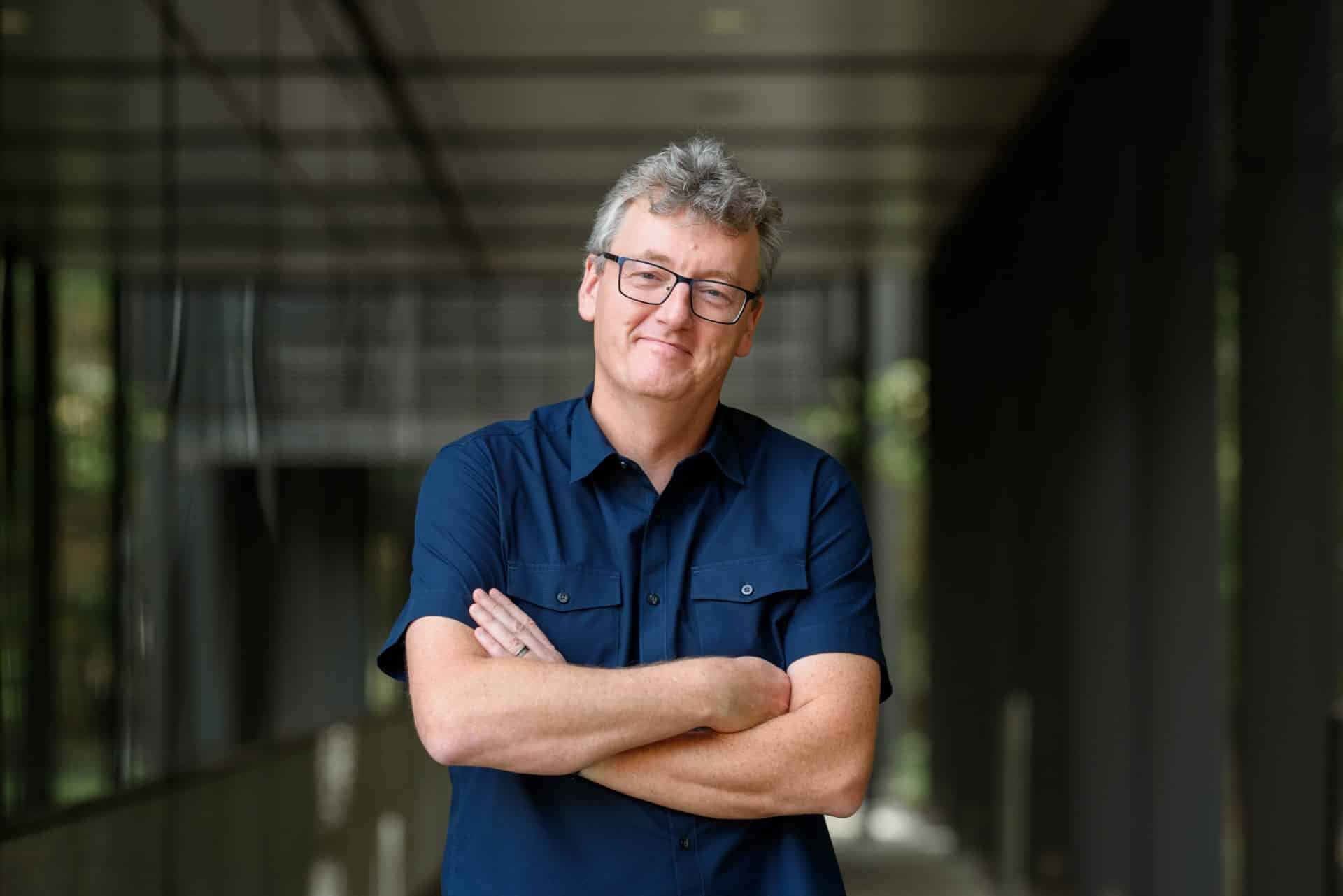Study Highlights Challenges, Strategies for Students Recovering from Alcoholism

For Immediate Release
A qualitative study of college students who are in recovery for alcoholism identifies areas of uncertainty that the students struggle with related to their sobriety. The study also outlines some of the strategies students use to navigate those uncertainties and the implications of those strategies for a student’s recovery.
“Alcohol misuse is prevalent on college campuses,” says Lynsey Romo, corresponding author of the study and an associate professor of communication at North Carolina State University. “We wanted to learn more about how college students who are in recovery for alcoholism navigate uncertainty regarding issues related to their sobriety.”
For the study, researchers conducted in-depth interviews with 19 adults who are recovering alcoholics. The study participants were students at 15 institutions across eight states. Fifteen of the participants were undergraduates, one attended community college, and three were graduate students.
The researchers found that study participants grappled with both personal and social uncertainties.
Personal uncertainties involved questions such as: Do I even have a problem, or is this just normal college behavior? How do I stop drinking and then maintain my sobriety?
Social uncertainties related to negotiating stigmas associated with not drinking and with being a problem drinker.
Most participants sought to reduce uncertainty by seeking social support from friends and other recovering alcoholics.
Another strategy was to be open in social situations about the fact that they were in recovery. This served as a way of staying accountable and supporting others in the social situation who may not be drinkers.
Participants who were open about their recovery also often engaged in advocacy, educating themselves and others about alcoholism and combating stigma. However, some study participants were not open about their recovery because they felt it would adversely affect their social and professional lives.
But not all of the strategies were effective at reducing uncertainty and helping study participants maintain sobriety.
The researchers found that some participants had also sought reassurance from friends and acquaintances with more severe drinking habits as a way of increasing uncertainty about whether they even needed to be in recovery. Participants who engaged in this behavior felt that they were essentially finding ways to justify their drinking, and that it was only after they stopped this behavior that they were able to enter recovery successfully.
“Our findings offer insights into how college students are managing uncertainty and maintaining their sobriety,” Romo says. “This is of practical use for informing the burgeoning field of substance misuse recovery on college campuses.
“For example, most universities don’t have organized, on-campus recovery programs. This study highlights the need to expand and promote collegiate recovery programs and support communities focused on recovery.”
The paper, “An Examination of How Students in Recovery for a Substance Use Disorder Manage Uncertainty,” appears in Alcoholism Treatment Quarterly. The paper was co-authored by Christopher Campau of Addiction Professional of North Carolina.
-shipman-
Note to Editors: The study abstract follows.
“An Examination of How Students in Recovery for a Substance Use Disorder Manage Uncertainty”
Authors: Lynsey K. Romo, North Carolina State University; Christopher Campau, Addiction Professionals of North Carolina
Published: Oct. 30, 2020, Alcoholism Treatment Quarterly
DOI: 10.1080/07347324.2020.1840314
Abstract: Interviews of college students in recovery framed by Uncertainty Management Theory uncovered that students experienced personal and social uncertainty when deciding whether to enter into and how to sustain their recovery. Most participants sought to reduce uncertainty by seeking social support and disclosing their recovery to stay accountable, help others, and combat stigma. Some increased uncertainty by seeking out reassurance or friends with more severe habits to become more uncertain about whether they needed recovery. Others maintained uncertainty by not disclosing their recovery status, fearing openness would result in stigma and negatively affect their future careers. Findings inform practical applications.


